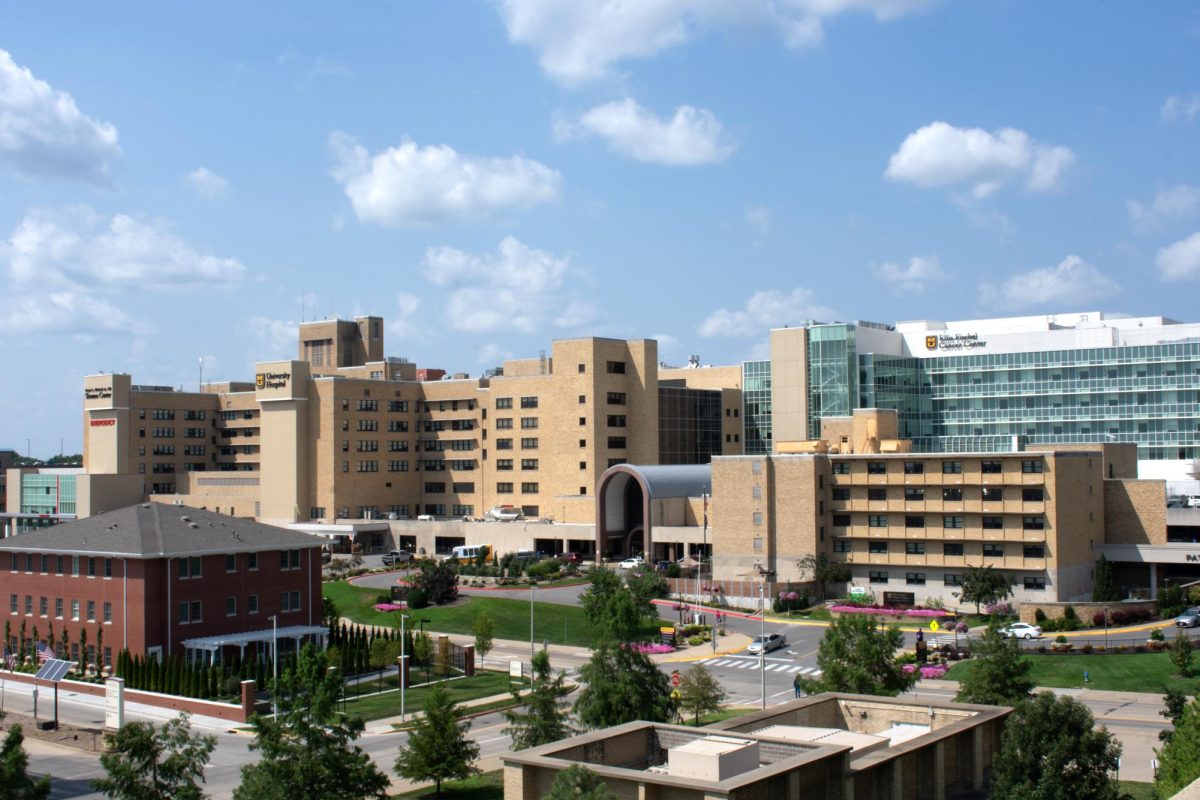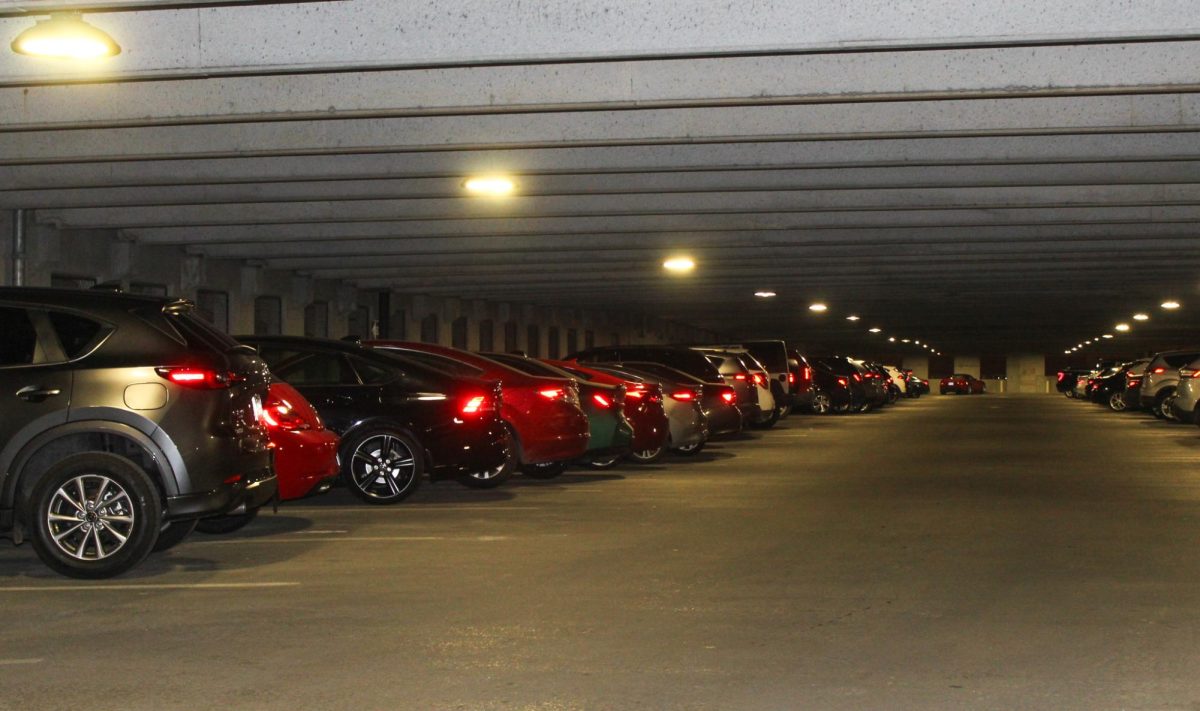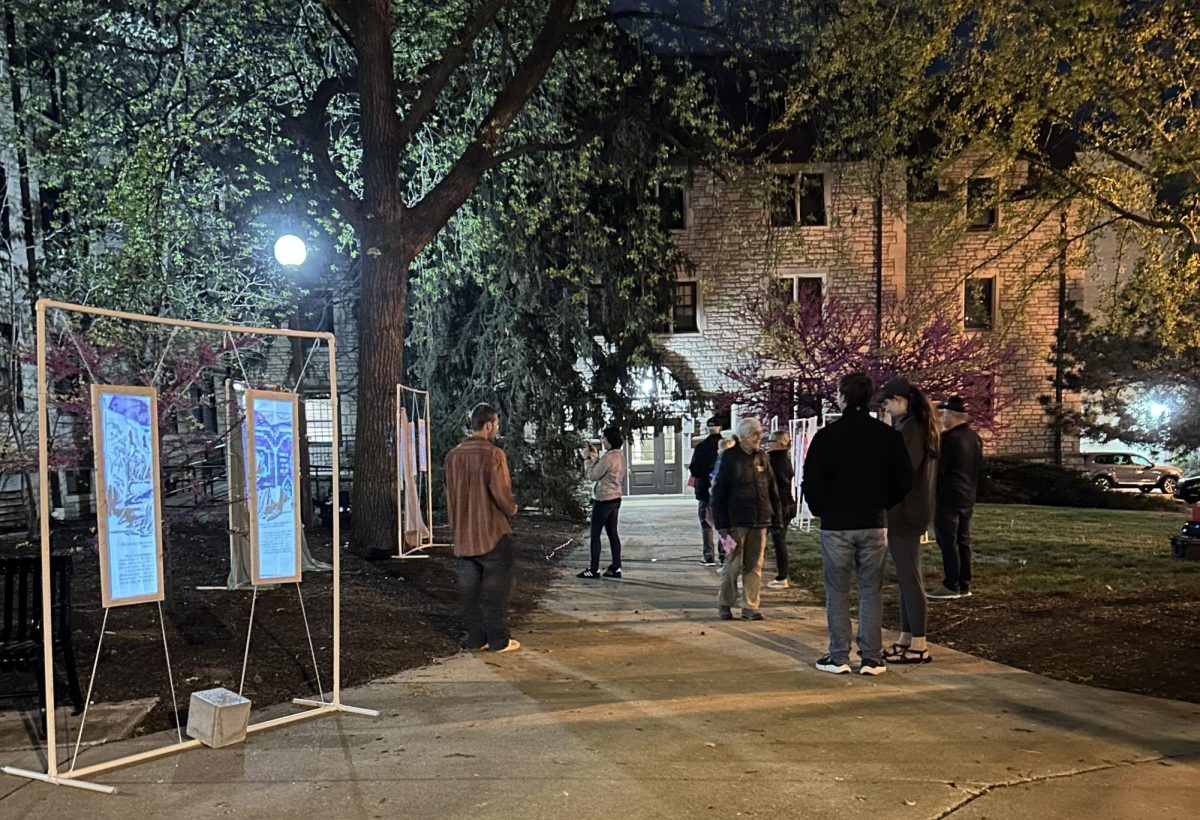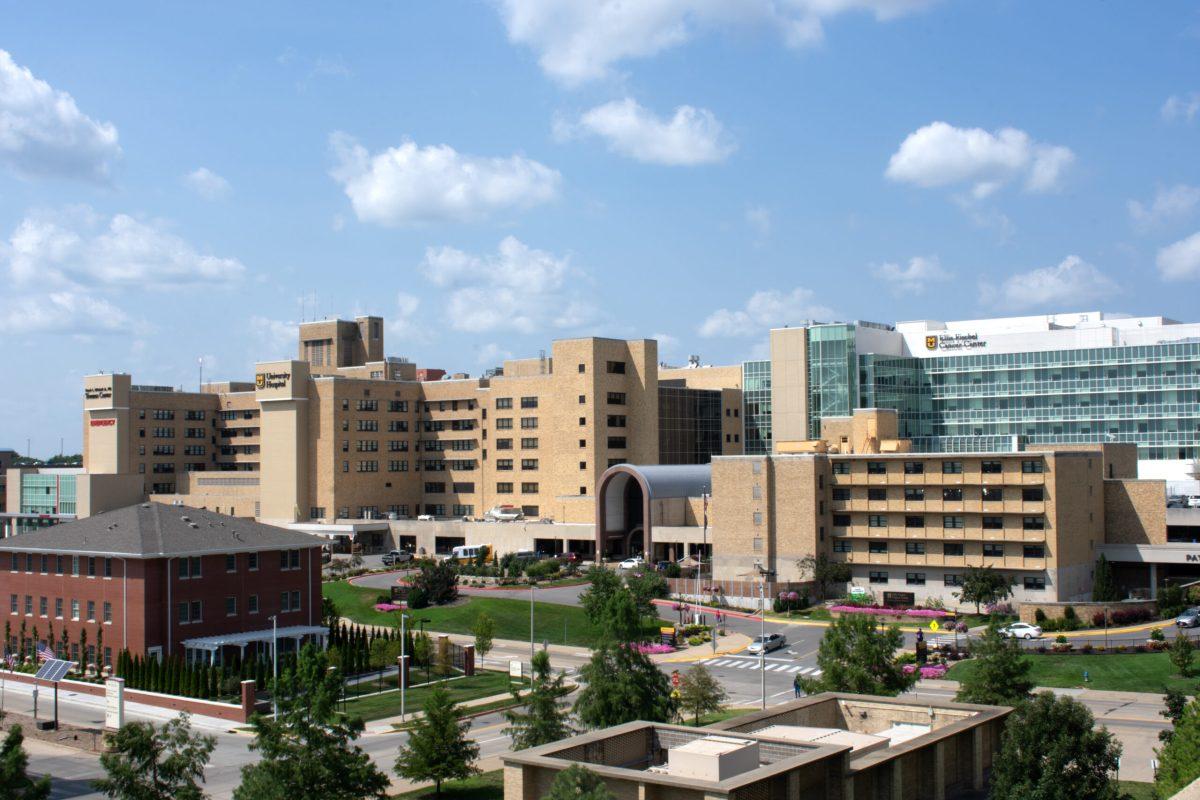MU students moving into their dorms this month can expect a different process than previous students due to COVID-19 concerns.
The move-in process began on Wednesday and will continue through next week.
When students move in they can expect an altered process, social distancing guidelines throughout campus, a mostly virtual Welcome Week and quarantine locations for students who need it.
###MOVE IN###
In a virtual news conference Wednesday afternoon, Director for Student Housing Tyler Page explained revised protocols for move-in.
“This year we have a decentralized move-in,” Page said. “Students and parents report to the hall, or the vicinity of the hall for check in.”
In years past, all students go to the Hearnes Center to collect their move-in packet and then go to their specific dorm.
Regular fall move-in this year will take place over seven days instead of one. In addition, students will have a 90 minute move-in period they must sign up for. After 90 minutes, the next move-in group will begin.
In past years students had to sign up for a move-in time, but there was nothing strict about being within the exact time frame.
“Students are limited to two helpers to assist with move-in,” Page said.
The last main move-in change is about masks:
“Everybody is required to wear a mask while they’re in the residence halls and this will be a policy that is maintained throughout the academic year as well,” Page said.
###WELCOME WEEK###
Between move-in and the first day of classes students typically have the opportunity to explore various aspects of campus life. Involvement fairs, informational meetings for clubs and exhibitions of various extracurriculars take place throughout Welcome Week to help students find friends and activities on campus.
This year, virtual involvement fairs have already taken place throughout the summer for students interested in joining various clubs.
Vice Chancellor for Student Affairs Bill Stackman spoke during the news conference about making students feel welcome, yet safe, on campus.
“We changed Welcome Week drastically to make sure that everything that we’re doing is beyond safe,” Stackman said.
The events page on MU Engage shows most Welcome Week events as taking place online, including First Roar, a tradition where freshmen gather at the Hearnes Center for a pep rally. The Welcome Week Comedy Showcase packed the Shack last year, but is slated to be online this year.
“Hopefully it won’t be for long, but in the meantime we’ve got to help students find different ways to get connected to each other,” Stackman said.
###BEYOND WELCOME WEEK###
Once students are back and living on campus, policies to prevent the spread of COVID-19 will affect their daily lives. In addition to the mask policy, students will not be allowed visitors or room change requests for the first three weeks.
“At the 3-week mark we’ll consult with health experts to determine whether those policies will be revised,” Page said.
It is unclear how a no visitor policy will be enforced at this moment.
The way residential halls are layed out will also change.
“We are reconfiguring our lounges to permit for social distancing, so you’ll see some furniture has been removed or has been modified,” Page said. “We have notices that we have put on some of our study rooms that only permits one individual to go in there and study at a time.”
However, even with the precautions that Residential Life leaders have put forward, it is possible that cases of COVID-19 among students will spread.
Testing will be necessary to curve a potential spread of the virus. There is a testing center in Columbia at Mizzou North, about 1.8 miles from the closest residence hall. At Mizzou North, insurance will be billed with no co-pay, and if the patient does not have insurance, there is no cost.
To help with accessibility to COVID-19 tests, Residential Life and Student Health and Well-Being will open up a walk-up testing site on campus.
“We are currently landing on a site, centrally located on campus, and it will be managed by the staff and Student Health,” said Stackman. “Student Health is a part of Student Affairs. They are working with the medical experts on our campus and in the community.”
Those who need a test will be able to get one.
“We have testing capacity for students who are experiencing symptoms or who have had an exposure to someone who is positive,” said Liz McCune, Associate Director for the MU News Bureau. “So we’ll be handling testing as cases are suspected.”
In addition to testing, action will be taken for students who test positive or who need to self-isolate.
“For many cases, we’re encouraging students to go home for those who can in surrounding areas,” said Stackman about students who test positive or need to self-isolate. “We are prepared to support them academically while they’re away and to get them with accommodations that they need. For those who can’t (go home), we are going to have space for them.”
According to Page, Residential Life is expecting just under 7,000 students to live on campus at an occupancy rate between 90% and 92%.
“We’re kicking off the year, and people need to feel really good and excited about it and if there’s concerns we want to learn more,” Stackman said.
_Edited by Lucy Caile | [email protected]_











